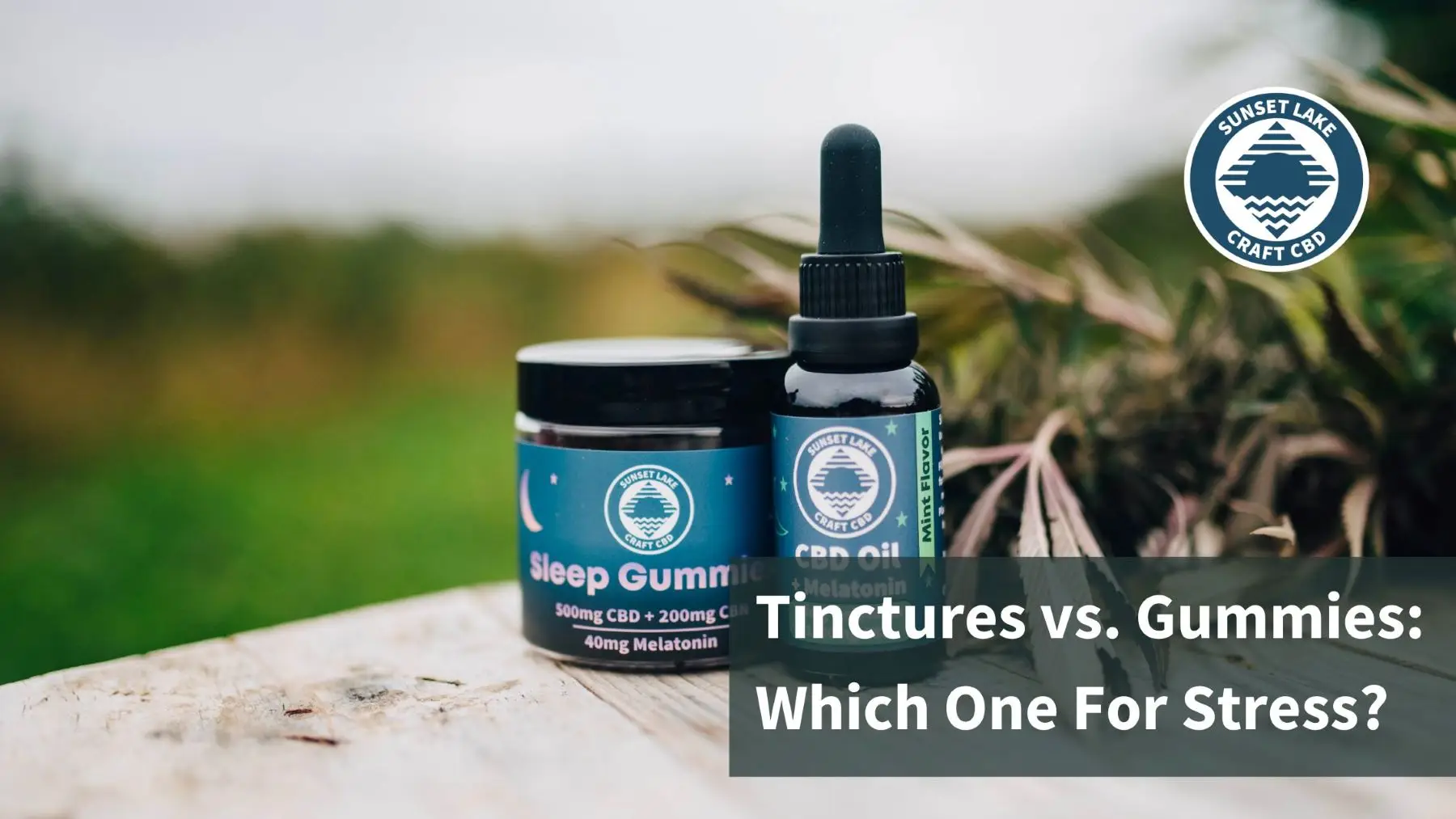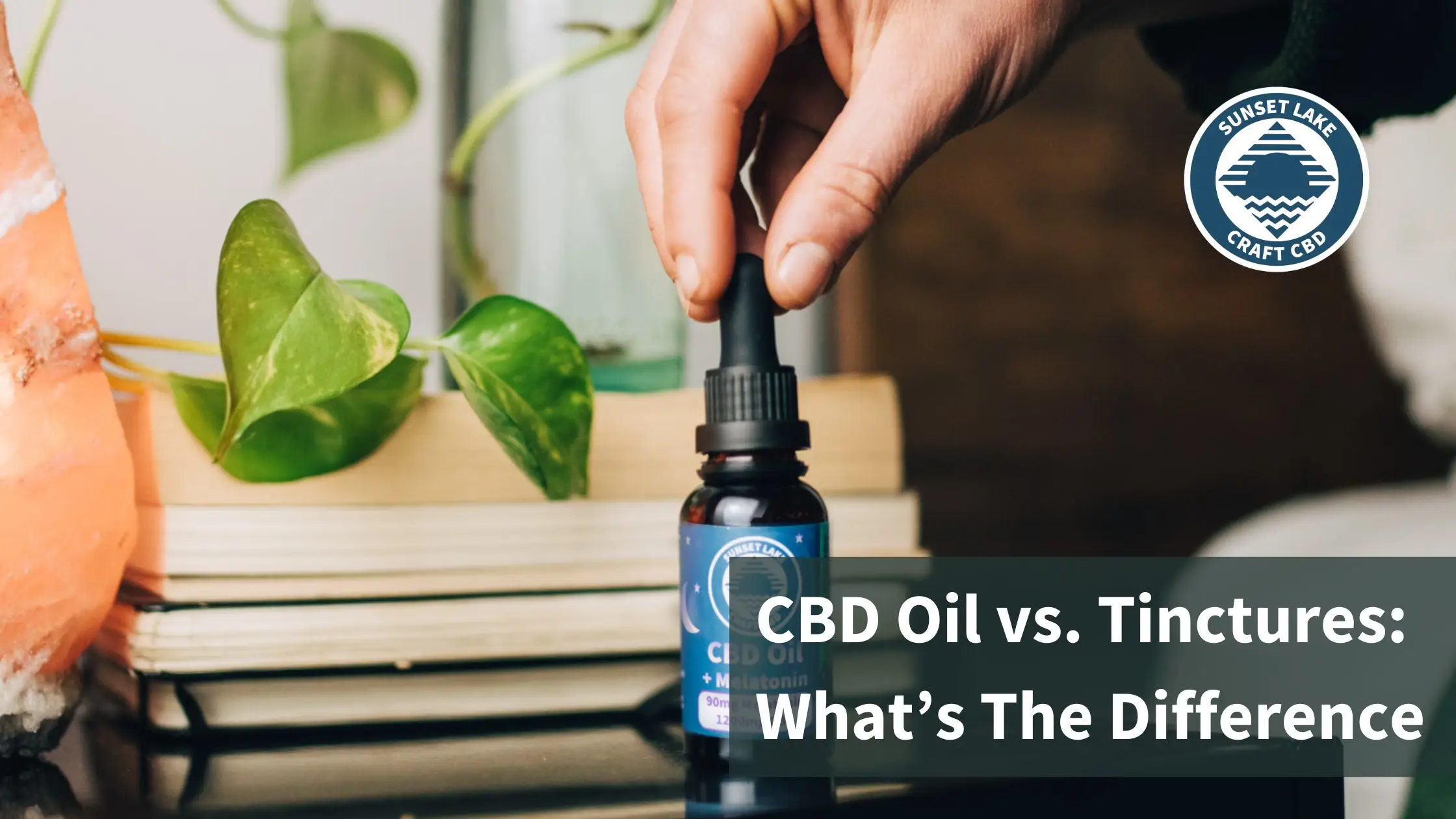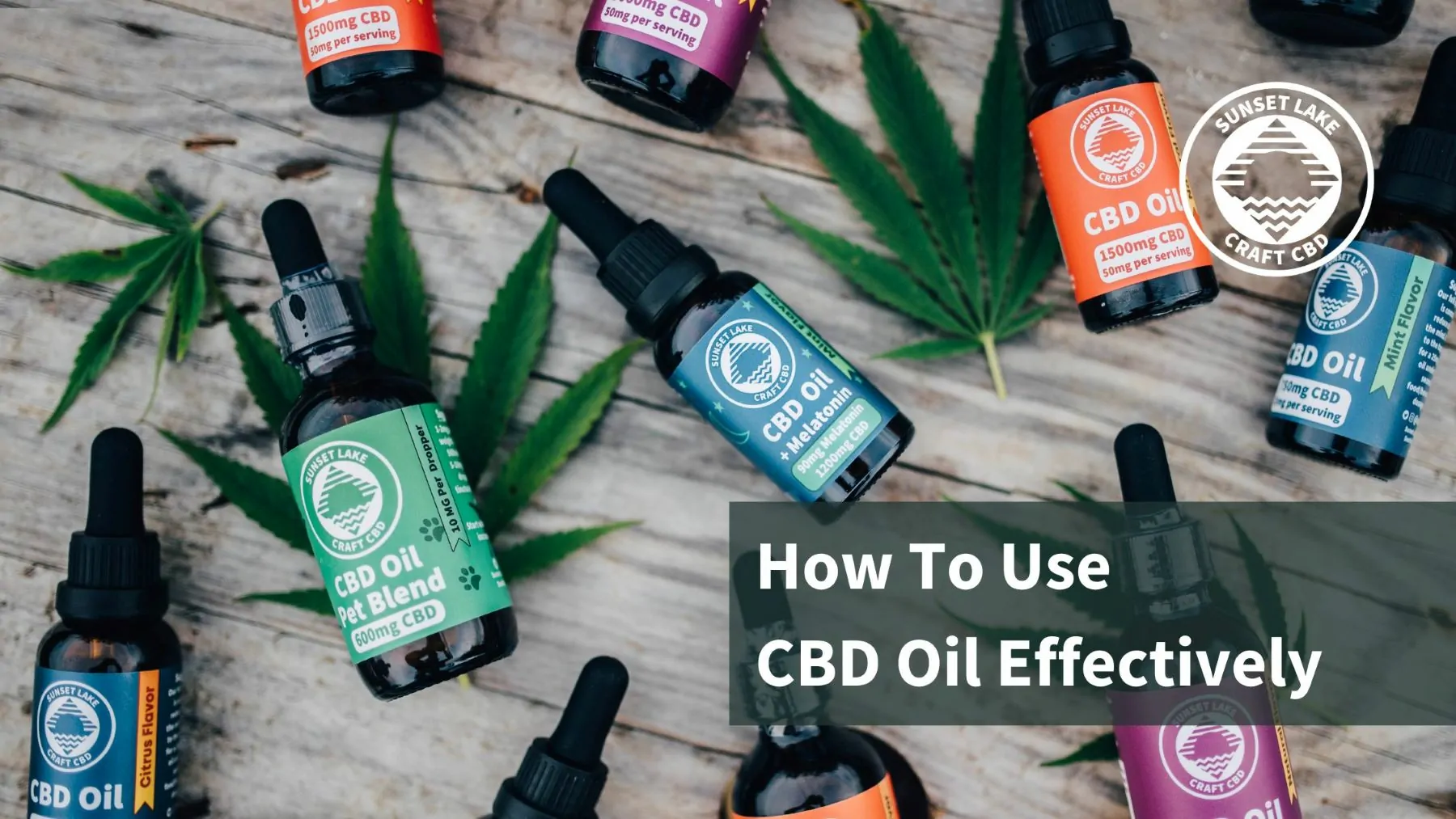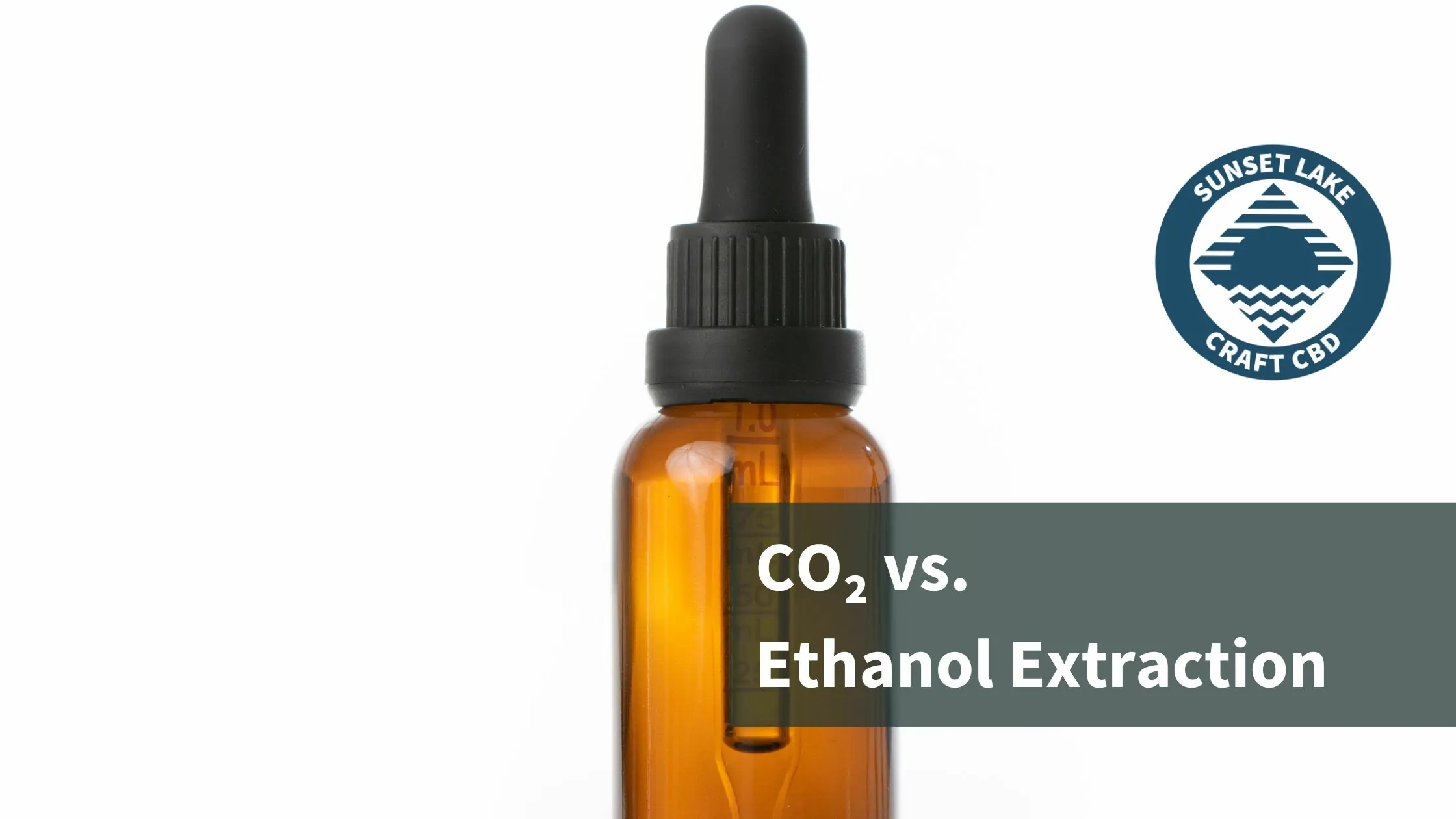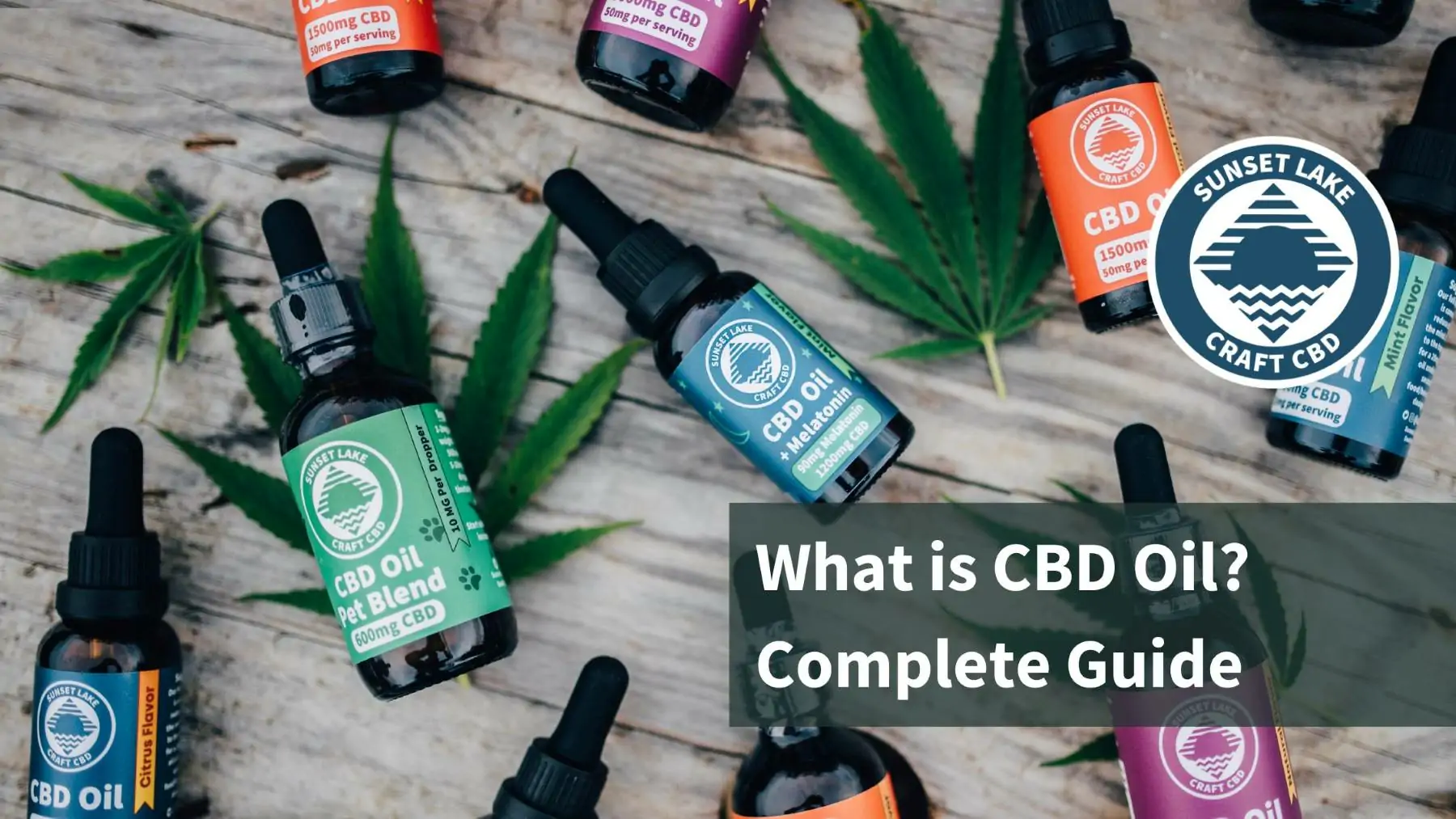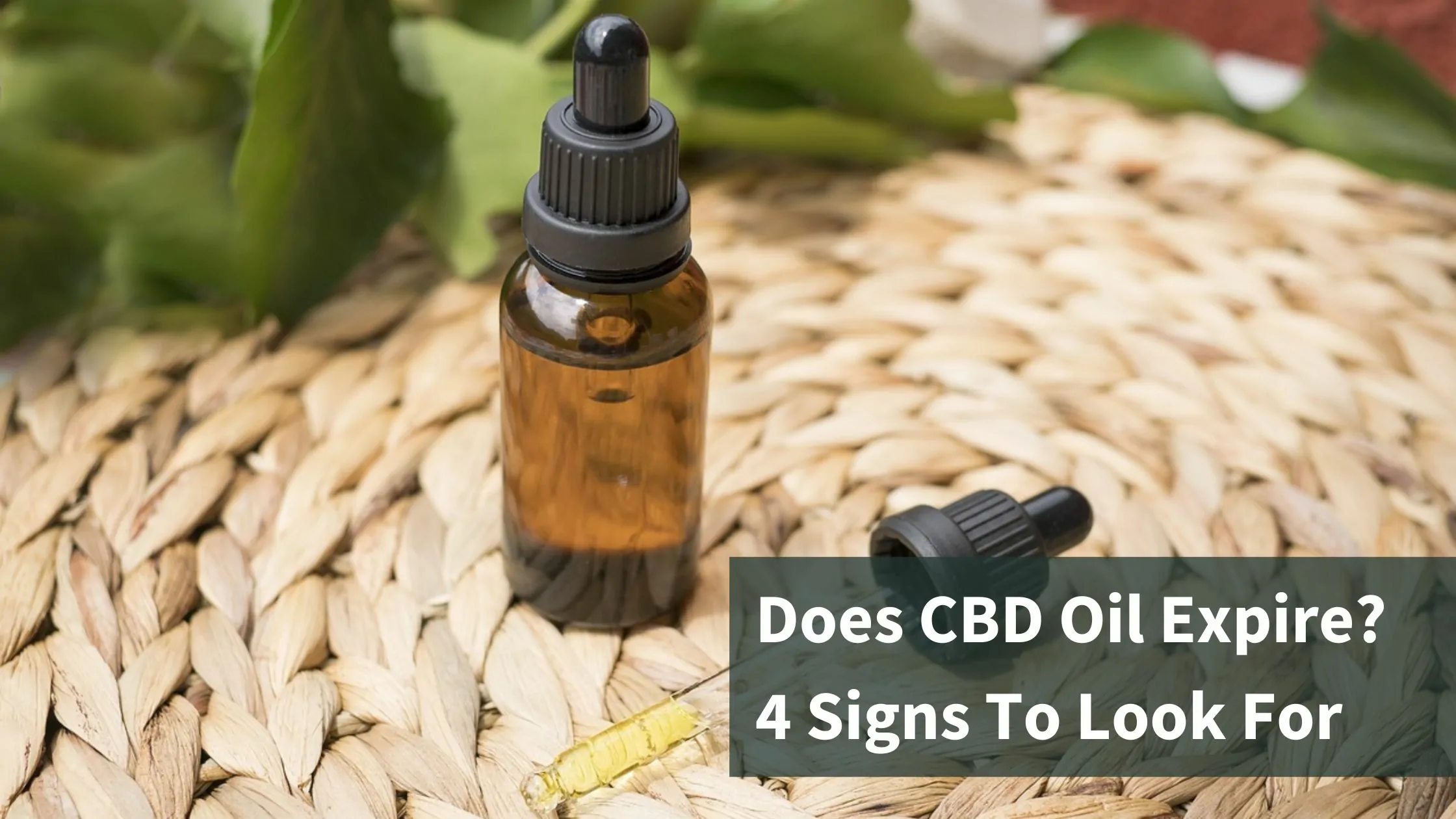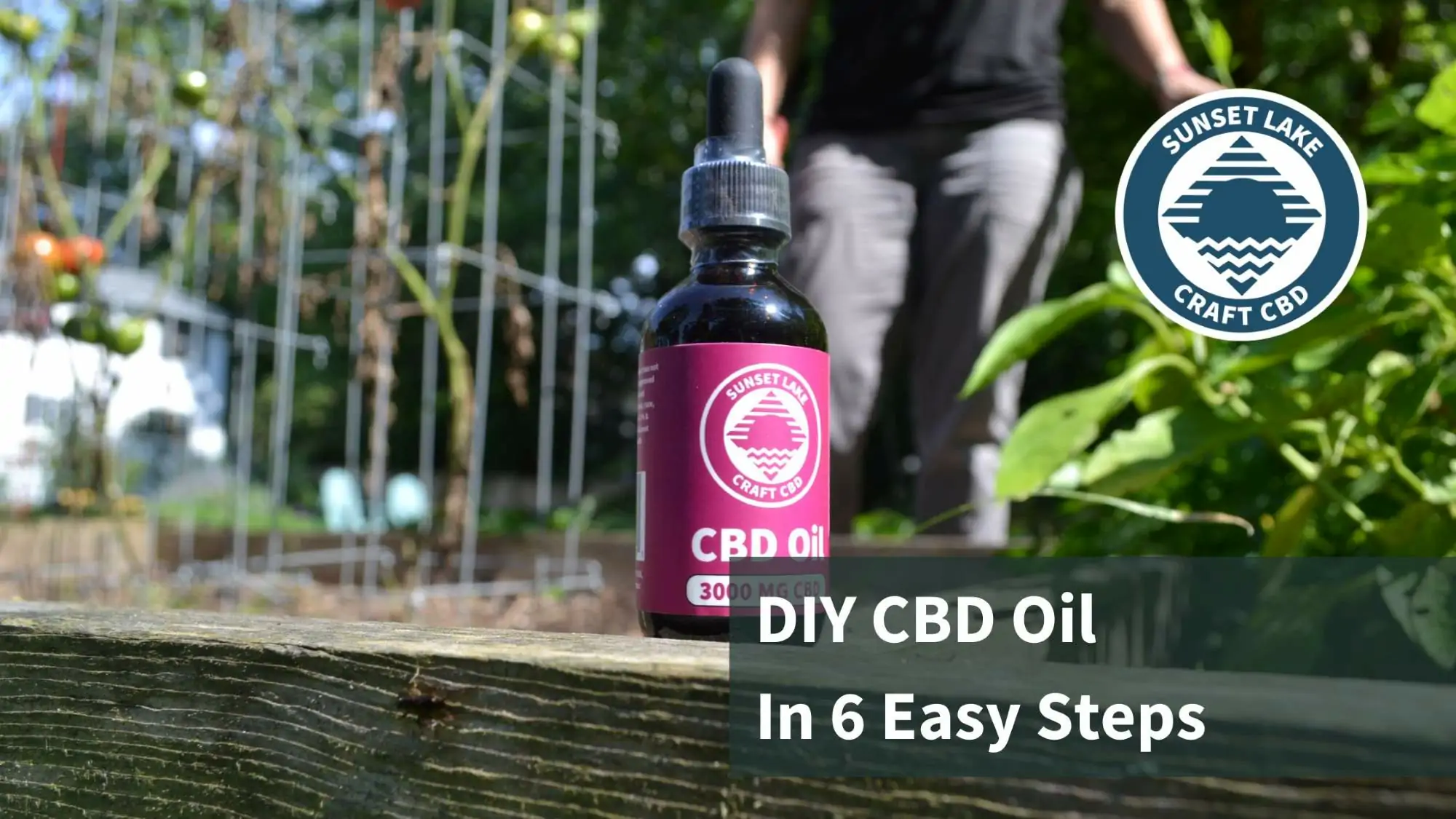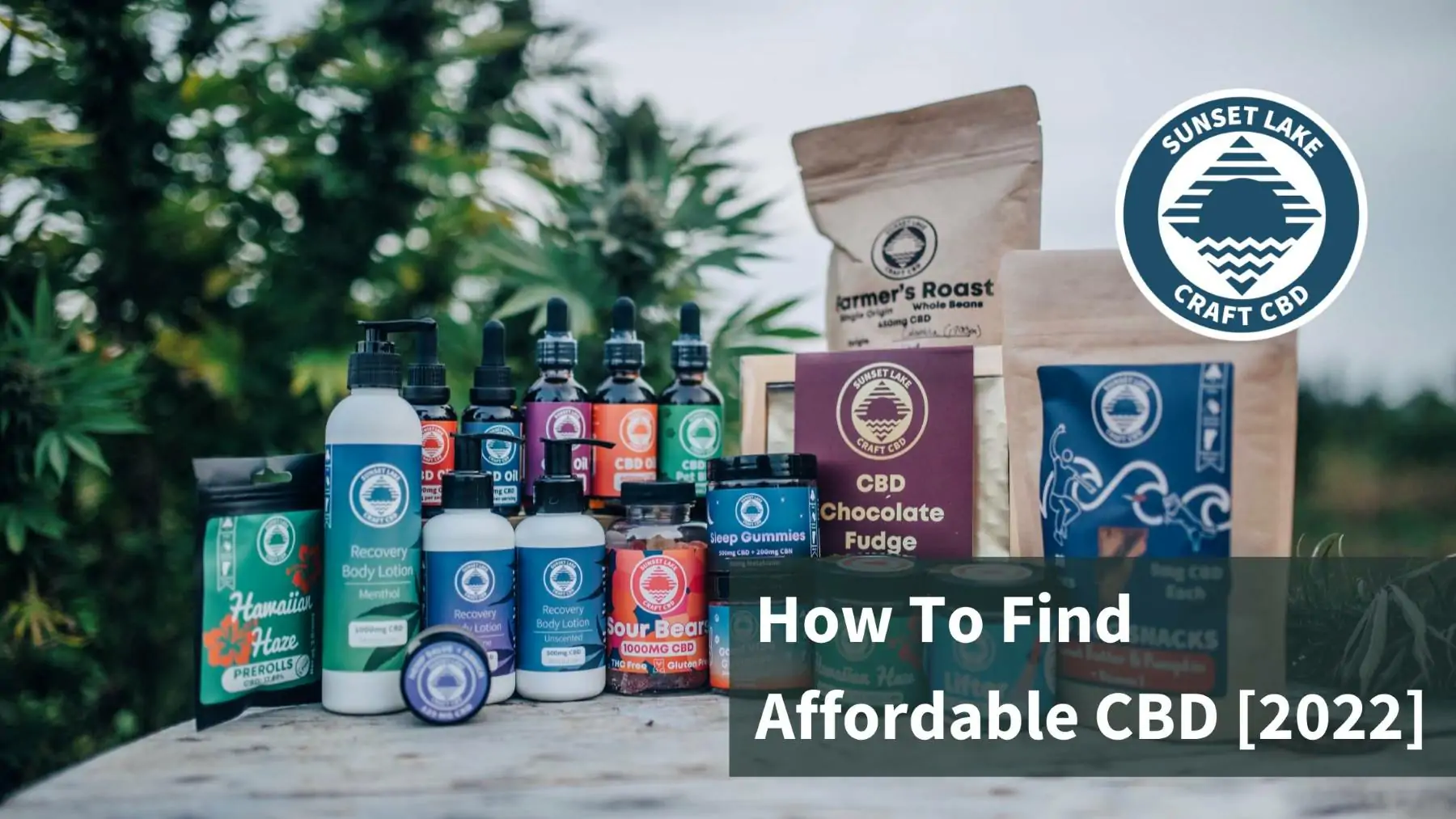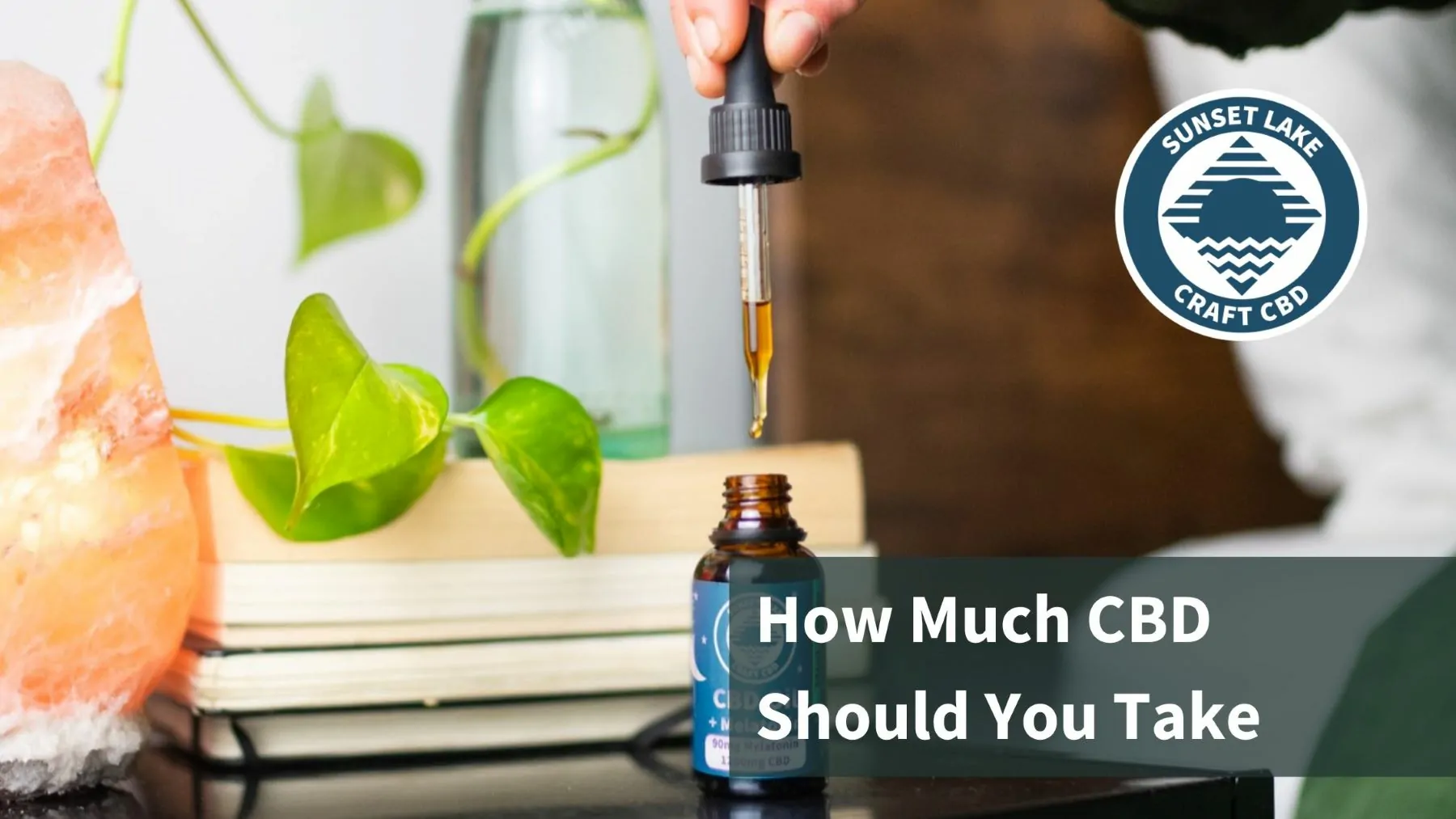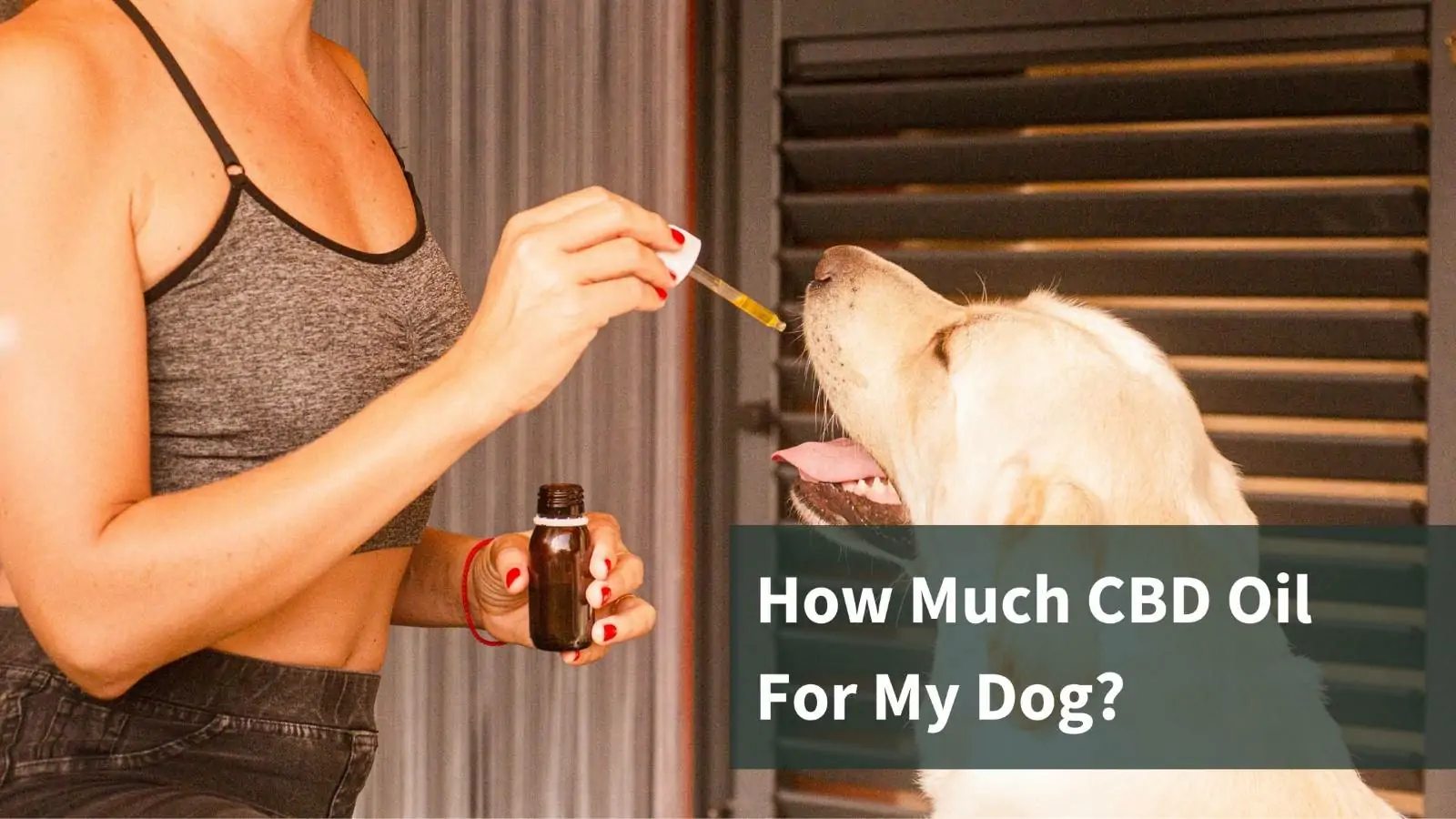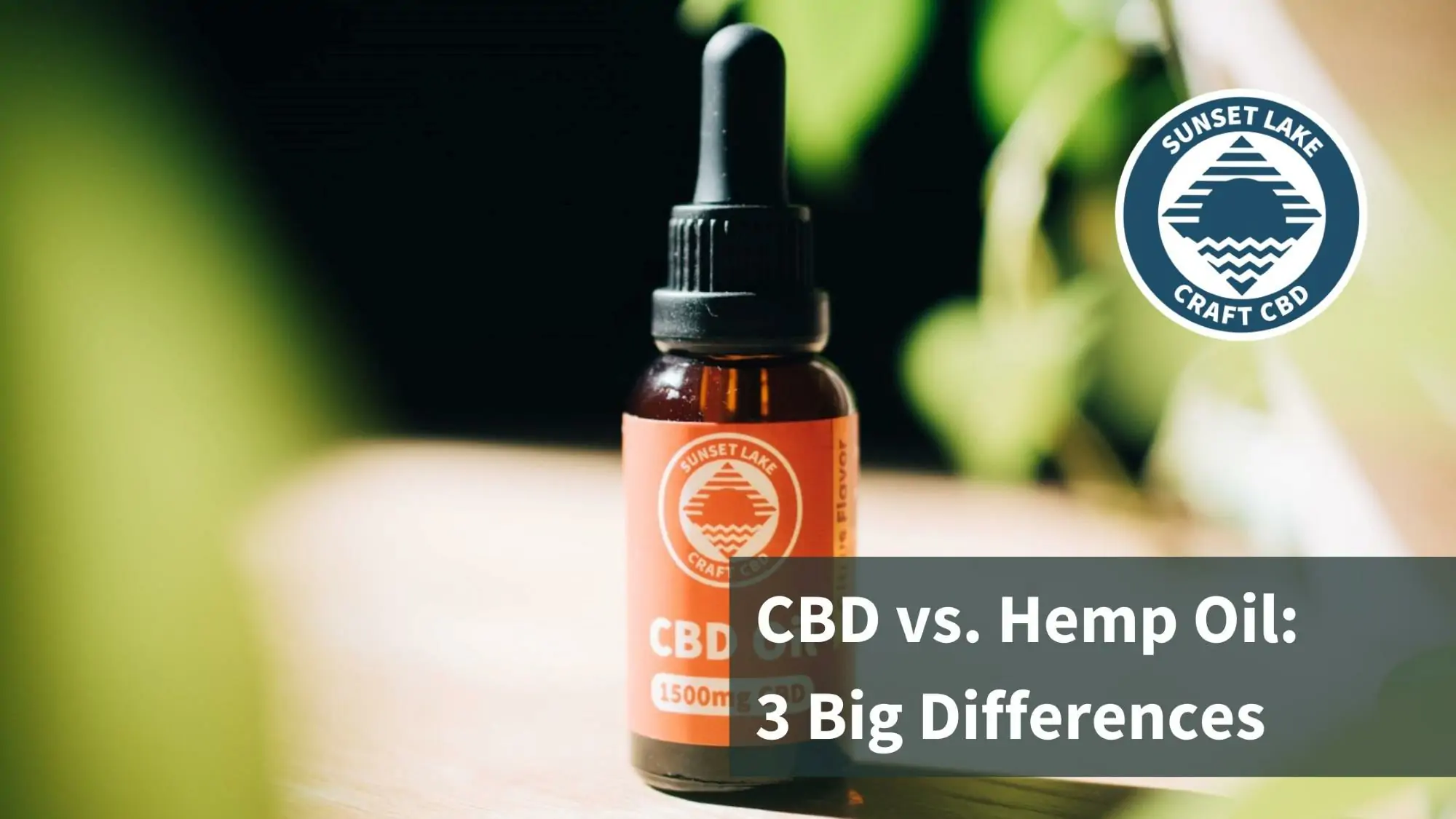
CBD oil and hemp oil are not substitutes for each other. Nor are they priced that way. CBD oil is generally more expensive than hemp oil and for good reason.
Because hemp oil and CBD oil are closely related, there may be some confusion around their respective names.
By the end of this piece you’ll hopefully know:
- How to discern the difference between CBD oil vs. hemp oil
- How to dose and safely use each
- How taking CBD oil vs taking hemp oil might make you feel
What’s the Difference Between CBD and Hemp?
The difference between CBD and hemp is that CBD is one of over hundred a naturally-occurring compounds that hemp plants produce.
CBD, short for cannabidiol, is a molecule produced on the flowering buds of hemp plants. Once ingested, CBD interacts with your body’s endocannabinoid system.
Read more: What Does CBD Do?
Hemp is an overarching legal term for cannabis plants that produce flowers that contain less than 0.3% delta-9 THC by dry weight. CBD-rich cannabis plants and grain cannabis— grown for fiber and seed— fall into the hemp category.
What is CBD Oil?
CBD oil is made by extracting the resin from mature CBD-rich hemp flowers. That CBD extract is then mixed and diluted with a carrier oil like MCT coconut, olive, and hemp oil.
What is Hemp Oil?
Hemp oil, sometimes called hempseed oil, contains little to no CBD content. Hemp oil is made by cold-pressing hemp seeds into a culinary oil that’s rich in omega acids, beneficial fats, and vitamins B and D.
1. How Does CBD Oil Work vs. Hemp Oil?
One of the biggest differences between CBD oil vs. hemp oil is in how each interacts with your body.
CBD oil contains cannabinoids that interact with your endocannabinoid system. Hemp oil, on the other hand, shouldn’t contain any cannabinoids.
How Does CBD Oil Work?
The science is still out on how CBD interacts with your endocannabinoid system. We do know that, unlike THC, CBD does not bind with your CB1 receptors.
Some theories put forward about how CBD works with your endocannabinoid system include:
- Inhibiting the uptake of inflammatory molecules
- Activating adenosine receptors that help regulate pain
- Increasing the activity in your serotonin receptors which moderate:
How Does Hemp Oil Work?
Hemp oil is much more straightforward than CBD oil. Because hemp oil is a cold-pressed culinary oil, we can definitively say that the main benefits of hemp oil come from its high polyunsaturated fatty acids content. Specifically three:
- Linoleic acid
- Alpha-linolenic acid
- Gamma-linolenic acid
These fatty acids can be beneficial to users in a number of ways, including:
- Improving and rejuvenating your skin
- Lowering your blood pressure
- Promoting heart health
- Reducing inflammation
- Supporting a healthy pregnancy
2. How Do You Use CBD Oil vs. Hemp Oil?
Because CBD oil and hemp oil’s active ingredients are different, you wouldn’t necessarily want to use them in the same way.
How Do You Use CBD Oil?
You can take CBD oil in a few different ways. First, you’ll want to figure out what dosage of CBD is right for you. We here at Sunset Lake CBD always recommend starting with a 25mg dose of CBD. Start low and work your way up if needed.
When you know how much CBD oil you want to take, you have a few options:
Sublingual ingestion
Place your dose of CBD oil under your tongue, hold it there for 20 seconds, and swallow. The CBD in the oil will enter your bloodstream via the thin membrane under your tongue.
With food or in a beverage
You can also add CBD oil to your favorite foods and drinks. This will prolong the onset effects to about an hour due to digestion, but they should also last a bit longer than if you were to take CBD oil sublingually.
Topically
You can also use CBD oil topically, placing a few drops of it on your skin and rubbing it in as needed. Using your CBD oil as a topical will localize all effects to the affected area.
How Do You Use Hemp Oil?
Dieticians seem to agree that three tablespoons of hemp oil daily is enough to get all of the beneficial fatty acids your body needs. How you work your hemp oil into your diet is up to you.
Because hemp oil is classified as a culinary oil, you can ingest it just like you would any other oil, be it olive or MCT coconut. That means you can also use it to make salad dressings and as a beverage additive. You can also use hemp oil topically and in your hair.
3. What Will CBD Oil Make Me Feel Like vs. Hemp Oil
Ideally, using hemp won’t make you feel anything. If CBD oil doesn’t make you feel anything, your dosage may be too low.
What Will CBD Oil Make Me Feel Like Physically?
Someone who ingests CBD oil may feel several things like,
- Sleepy or more awake (this is product-dependent. Sunset Lake’s CBD Coffee definitely won’t put you to sleep!)
- Relaxed
- Less stiff
Mentally?
CBD may also promote mental well-being. Whether or not these benefits come from CBD use or from the physical effects listed above is unknown. Many have said that using CBD makes them feel:
- Less socially anxious
- Able to focus
- More alert
- At ease
What Will Hemp Oil Make Me Feel Like?
Consuming hemp oil won’t change your immediate physical or mental state.
Other Frequently Asked Questions…
“Does Hemp Oil Relieve Pain Like CBD Oil?”
While there isn’t any FDA-backed research to confirm that CBD is a good pain reliever, we do know that hemp oil has some natural anti-inflammatory properties.
“Does Hemp Oil without CBD Help with Anxiety?”
Some studies have shown though that a healthy intake of the omega fatty acids in hemp oil can help reduce anxiety.
Larger testing trials are needed before high-dose omega-3 supplements are recommended for treating anxiety, researchers say.
“Will Hemp Oil Show Up on a Drug Test?”
Hemp oil shouldn’t contain any trace of THC (tetrahydrocannabinol) and therefore shouldn’t appear on drug tests.
Some CBD products will show up on a drug test though…
The Takeaway: CBD Oil vs. Hemp Oil
Both CBD oil and hemp oil are derived from the same plant. CBD is extracted from the resinous flowers and leaves of CBD-rich hemp plants, while hemp oil is pressed from raw hemp seeds.
While both have their own unique uses and benefits, CBD oil and hemp oil are not substitutes for each other.
With that in mind, know that CBD products are generally more expensive than hemp oil and you shouldn’t pay CBD prices for hemp oil products. Do your research, look at the certificates of analysis, and be sure you’re buying the right product for you.

